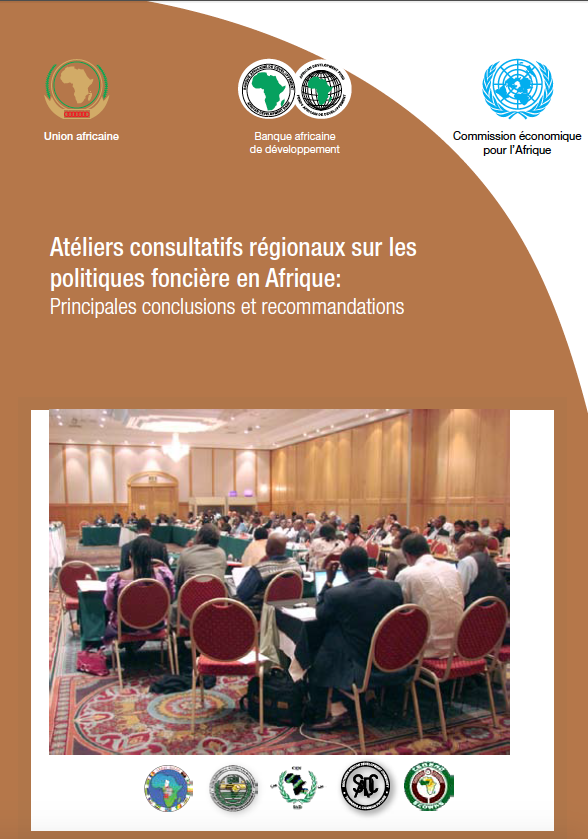Land Situation in Cambodia 2013
ABSTRACTED FROM THE EXECUTIVE SUMMARY: In May 2012 Prime Minister Hun Sen issued Directive 001 (also known as Order 01BB) on ‘Measures to strengthen and enhance the effectiveness of management of economic land concessions (ELCs)’ announcing a moratorium on the granting of new ELCs, the review of existing ELCs and the implementation of the so-called “leopard-skin” (or “tiger-skin”) policy, with the aim to allow communities to live side by side with the concessions.






